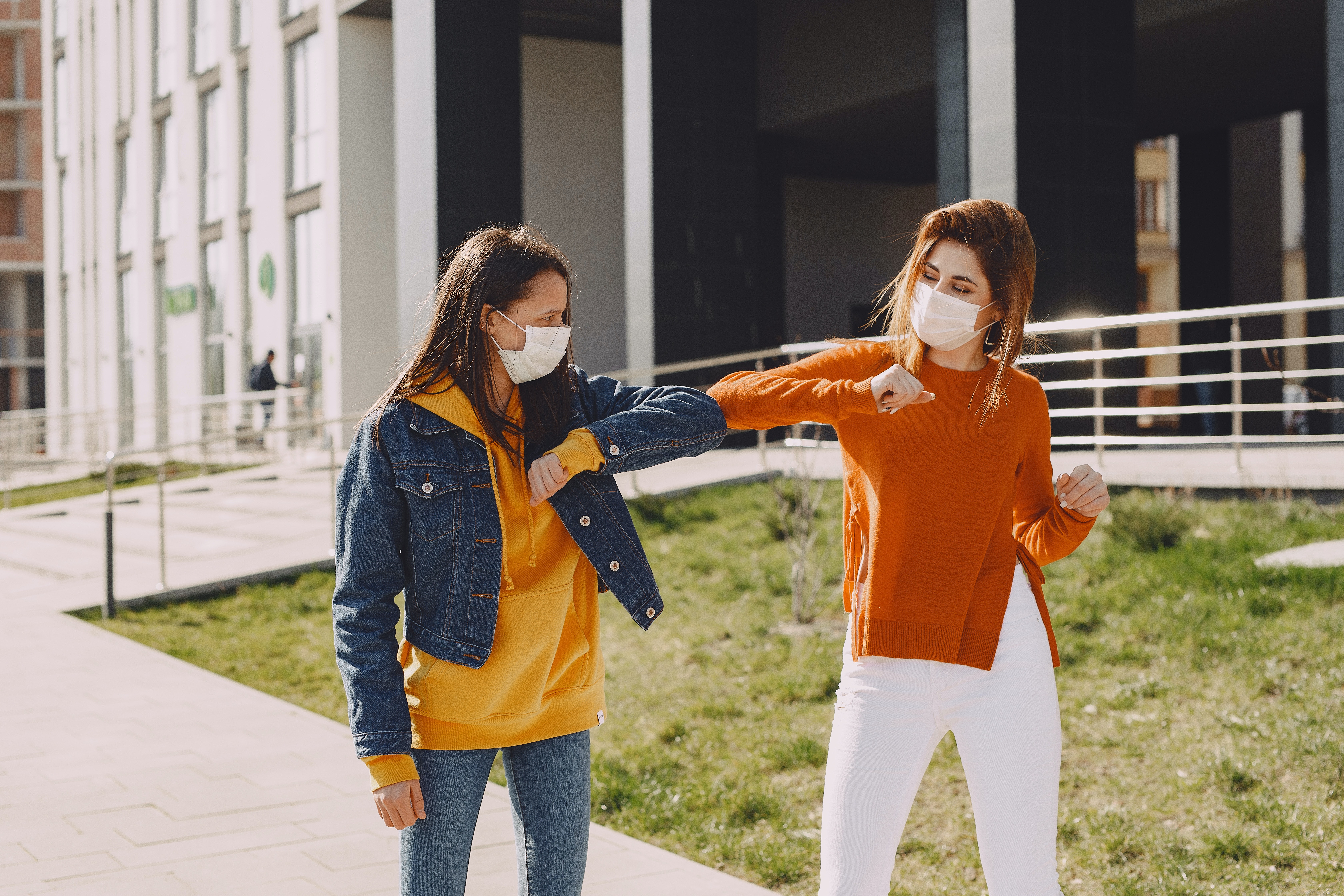Anxiety and Anticipation

The pandemic is coming to an end, so why does it feel bittersweet?
According to the CDC, if you are fully vaccinated you can resume activities that you did prior to the pandemic. After more than a year of waiting for the green light to resume normality, you would think we would be jumping with joy, but it seems like while that is a good thing, there is uncertainty and unease about leaving the house, socializing with friends, and family, and going back into workspaces.
American Psychological Association released statistics about the stress of Covid due to a year of social isolation. The studies show that a large population said they experienced weight gain, sleeping issues, and substance use. Not only that, nearly half of Americans say they feel nervous thinking about in-person interaction once the pandemic ends. Thanks to Covid, social anxieties and uncertainty became more acute and frequent. Martin Antony, a professor of psychology at Ryerson University in Toronto, and co-author of the book “The Anti-Anxiety Program,” states “One thing we can expect is that it’s going to affect everybody differently. It is not like everybody’s going to be more socially anxious. Some people will, for others it won’t be an issue.”
For those of us who are experiencing social anxiety and unease, here are some helpful tips to cope with entering post-pandemic life.
Set Boundaries
“Often when people feel anxious it’s because they are feeling a high level of uncertainty about things that are out of their control,” says Dr. Inger Burnett-Zeigler who is an associate professor of psychiatry and psychology at Feinberg School of Medicine at Northwestern University. For example, if you are nervous about the aspect of socializing again, you can decide who you want to see, you have the option to wear a mask, and you can pick an outdoor location. All those things can be under your jurisdiction. Making lists of things that you can control can be a helpful way to offset social anxiety.
Baby Steps
While the idea of socializing again for some seems like a dream come true, others might feel nervous. Those that have adjusted to the pandemic, find themselves anxious at the prospect of social interaction. It is normal to feel nervous about uncharted waters, but fully avoiding the situation might cause a bigger problem. “The worst thing we could do is completely avoid things causing us anxiety because avoidance can work in the short term, but it impairs us in the long run,” said Vaile Wright, senior director of health care innovation at the American Psychological Association. The avoidance helps add to the idea that everything is a danger. A gentle push to do things that cause discomfort can be better in calming the anxiety for the future. Doing small activities that bring slight unease can be a good transition to post-pandemic life. Try seeing a few people at a time and not overbook your schedule.
Getting Excited Again
With all the negatives the pandemic has caused it is hard to see the light at the end of the tunnel. It is easy to think of all the stress and despair that this last year has caused but staying in that mind space is not helpful. Instead, start focusing on some positives. What are you excited about doing once things are fully open? Do you have a vacation planned? Long-lost friends to catch up with? Start making a list of positive things that you are looking forward to.
You Are Not Alone
It is important to know that these feelings are normal. This is a new experience for everyone and that comes with a lot of uncertainty and discomfort. Remember to be forgiving and gentle with yourself and others. If you or a loved one feel like you need some extra guidance on navigating post-pandemic life, please reach out. We are more than happy to help.